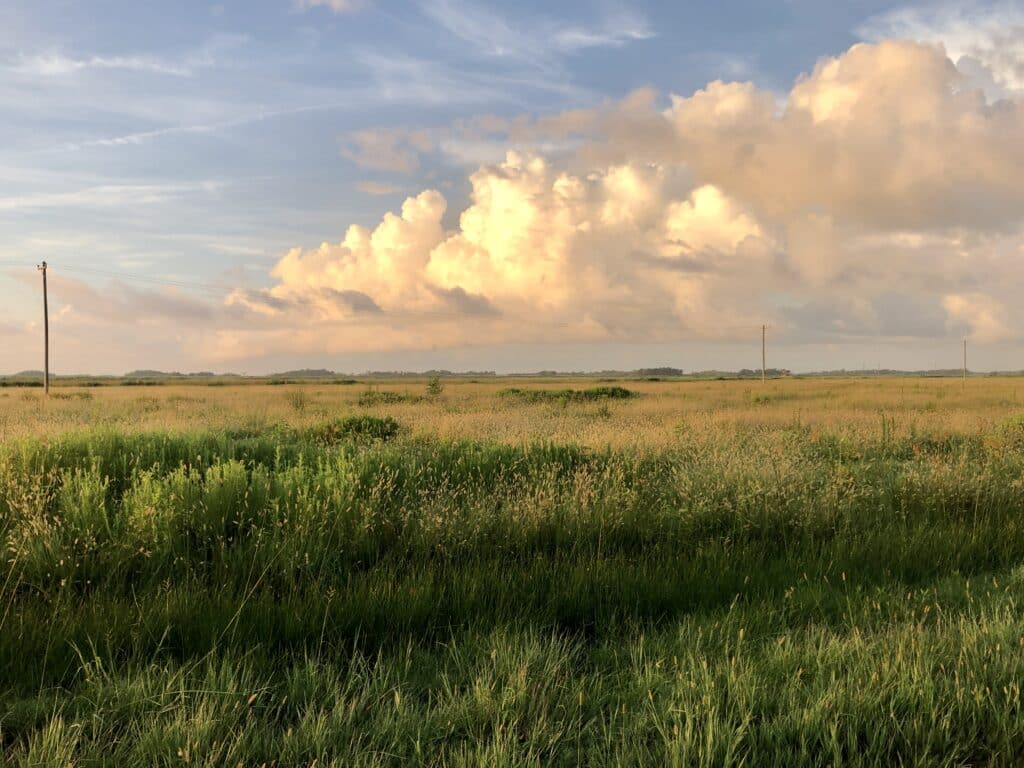Greetings to all of our fellow conservationists! I hope you are faring well as we look forward to the much-anticipated transition from summer to fall.
I just finished some interesting reading in this month’s National Geographic. The article (subscriber-only link) went into detail on how climate change is being addressed through conservation of land and water – an endeavor that, refreshingly, has had bi-partisan support since President Roosevelt elevated its importance at the turn of the 20th century. In the years since, our nation’s legacy of public land conservation has resulted in a spectacular network of national parks, forests, refuges and monuments.
But while that’s something to be proud of, the truth is that protection of public land is not enough. We must turn our attention towards our country’s vast acres of private land if we want to reduce climate change impacts, protect species, and provide for all of the ecosystem services that humans depend on – like food, clean water, and outdoor recreation.
This is why, when Land Trust for Louisiana partners with private landowners to protect their properties, our mission requires that we consider the public benefits of these projects. Take, for example, our ongoing work with rice farmers in Southwest Louisiana.
Family rice farms were historically important to the social and economic structure of many communities. Thanks to global economics, environmental disruption, and competing land uses, many of these farms have disappeared. Not only do rice farms provide us with rice – to state the obvious! – they also act as a safety net for birds and other coastal wildlife that are losing their habitats as our coast disappears.
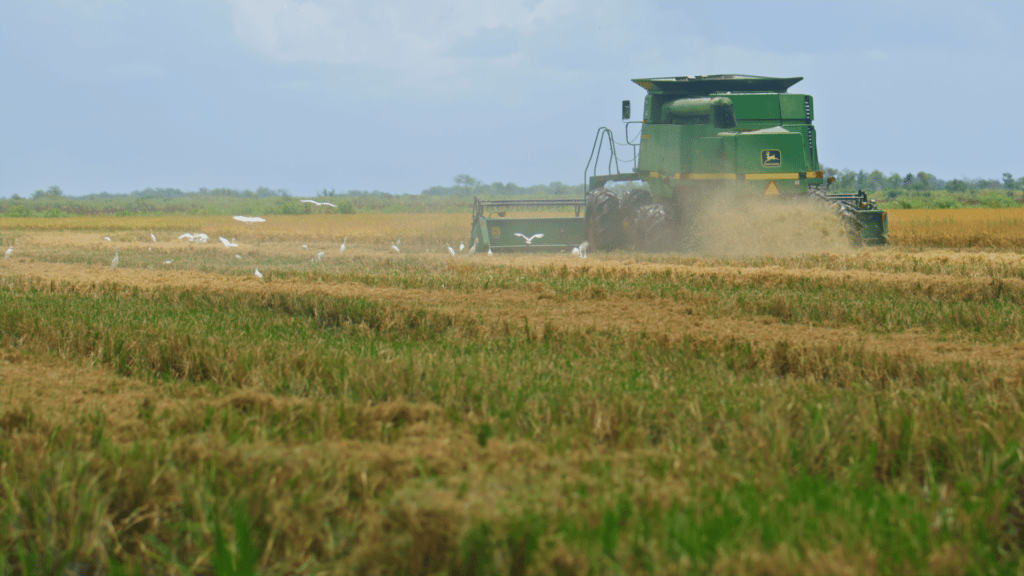
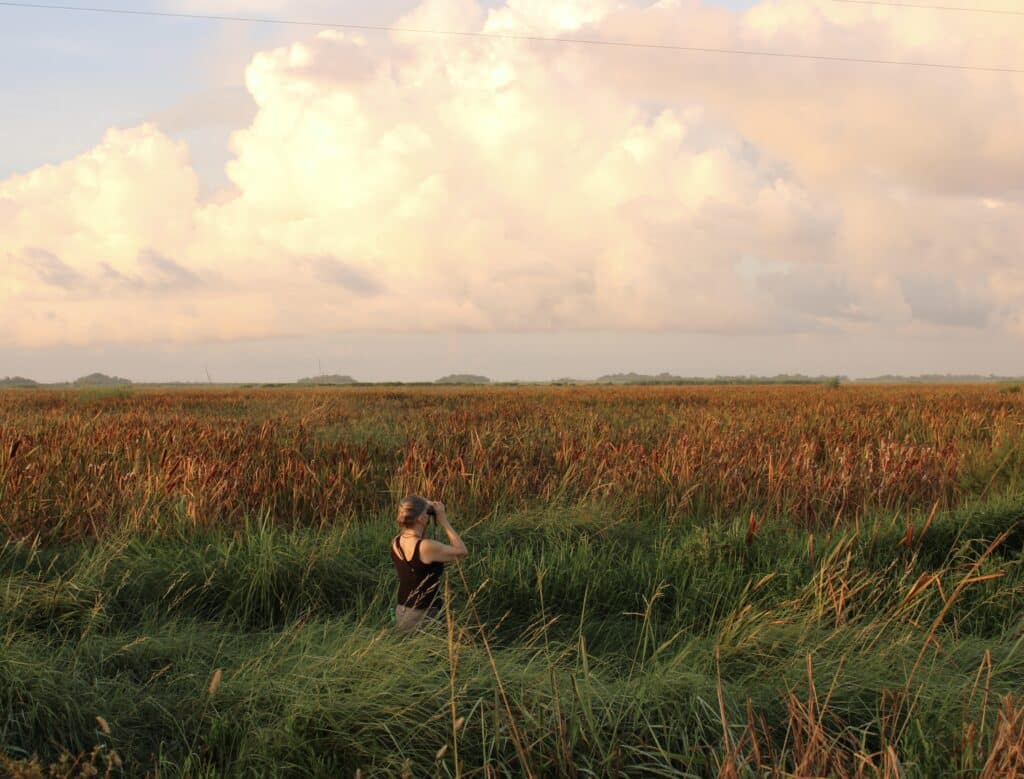
The public benefits of rice farms don’t end there. Conscientious rice farming has the power to reduce greenhouse gases and clean up our waterways. And any expanse of land that lies between coastal communities and the Gulf of Mexico is critical for reducing inland damages from storms and hurricanes.
Thanks to you, the Land Trust has been able to conserve a long list of private lands across the state that give back to society in a variety of ways. We’re proud of that work and invite you to continue walking with us on this incredibly important endeavor.
Yours in Conservation,
Cindy Brown
Executive Director
Land Trust for Louisiana

